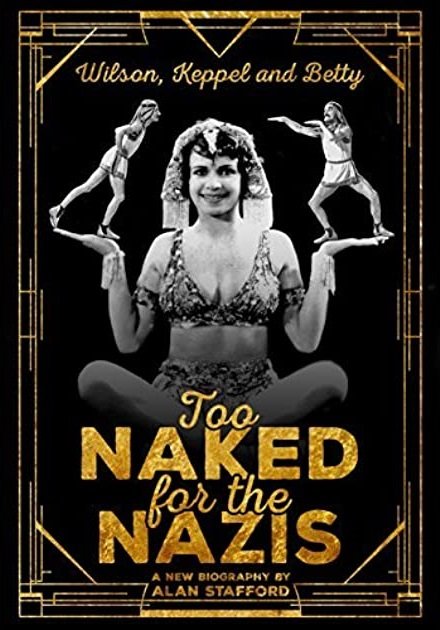I came across this book after reading an article by Timothy Snyder on the history behind the Russian invasion of Ukraine. In his piece, Snyder discusses the long history of invasion experienced by Ukraine and other Eastern European nations existing in the dubious space between belligerent powers. This is an area he explored more broadly in Bloodlands, the title of which refers to a swath of land roughly contiguous with Poland, Belarus, and the Ukraine. where the vast majority of civilian death in the European theatre occurred between 1933 and 1945.
Much of this death was part of the Holocaust, but Snyder demonstrates that the Nazis were not the only genocidal force operating in that particular time and place. He provides a detailed rundown of the atrocities that the Soviets committed in these lands as well, from the imposed famine in Ukraine to the Great Terror to the purging of Polish intellectuals. He emphasizes that many of these places were subject to not just one invasion, but two or three, as the Nazis and the Soviets moved from allies to belligerents, and the Nazis from invaders to a broken, retreating army.
Of course, the Holocaust is given much focus, as its deliberate and racist intentions arouse particular loathing, but Snyder makes it clear that the Ukrainians and Poles were at times targeted almost as deliberately by the Soviets, if not with the same absolutist intention to eliminate them.
Snyder’s prose is academic but approachable, engaging and clear without much ornamentation. He had a tendency to repeat certain points, which I suspect is an effective way to ensure the general thesis is clear, though it sometimes grated a bit to hear the same fact several times. Overall, an important study of a particularly brutal stain on human history, one which it is hard to look at but must never be forgotten.


